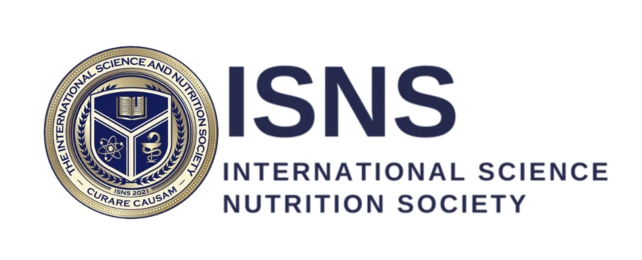Effects of Food Additives on Immune Cells As Contributors to Body Weight Gain and Immune Mediated Metabolic Dysregulation
Heitor A. Paula Neto, Priscila Ausina, Lilian S. Gomez, João G. B. Leandro,Patricia Zancan, and Mauro Sola-Penna
To improve food texture, palatability, and storage life, food additives are very useful. A variety of evidence demonstrated that food additives have applicable effects on cells of the immune system that could contribute to immune-meditated metabolic dysregulation. There have been a concerning increase in cases of obesity, metabolic syndrome, and other comorbidities associated with processed and industrialized food and poor eating habits. It has been reported that there my be a direct and indirect effects from emulsifiers, thickeners, artificial sweeteners, and preservatives on cells of the immune system. Researchers suggest that people should pre packaged, additive rich, processed food whenever possible.
Secret Ingredients: Who Knows What’s in Your Food?
Wendee Nicole
Many laws have been made and renewed over the years to bring order of the assessment of substances used in foods, cosmetics, and drugs. Under the U.S.law, without approval from the Food and Drug administration, companies can add certain types of ingredients to food. There are many unknowns in foods according to the FDA. Investigations conducted tested how mixtures of additives or colors alone affected childhood behavior; the results of the investigation varied. One of the mixtures was linked with significantly intensified hyperactivity; however, an analysis by the European Food Safety Authority reported the results were not strong enough to be used as an example for changing the food additive standards. Other researchers believe dyes do cause adverse health affects in children and adults.
The “Natural” vs. “Natural Flavors” Conflict in Food Labeling: A Regulatory Viewpoint
Matthew J Goodman
“Natural” foods can be found in any grocery store in the United States, and labeling foods as such is considered important to shoppers when making a decision on what to purchase. The term “natural”, however healthier it sounds, is misguided because it has no legal definition in consonance with an FDA approved informal policy. In reality, foods labeled “natural” might contain both artificial and synthetic chemicals. The FDA has publicized legally binding regulations for natural flavors. However, because of this informal policy, there have several opportunities to contest the naturalness of “natural’ flavors. More discussions on “natural” favors are needed to provide critical insight into the ingredients society consumes on a daily basis.
The Influence of Colorants, Flavorants and Product Identity on Perceptions of Naturalness
Tyler Murley and Edgar Chambers, IV
Due to the lack of a formal definition of term “natural”, food producers are becoming frustrated. Previous works have investigated how consumers define naturalness and those “natural” products are rated. A study investigated how flavorings and colorants on statement ingredients affect perceptions of naturalness. The results showed that consumers look at the product as a whole to make decisions about naturalness. The products perceived to be the most “natural” were ones with derived from plants and natural colors and flavors.

